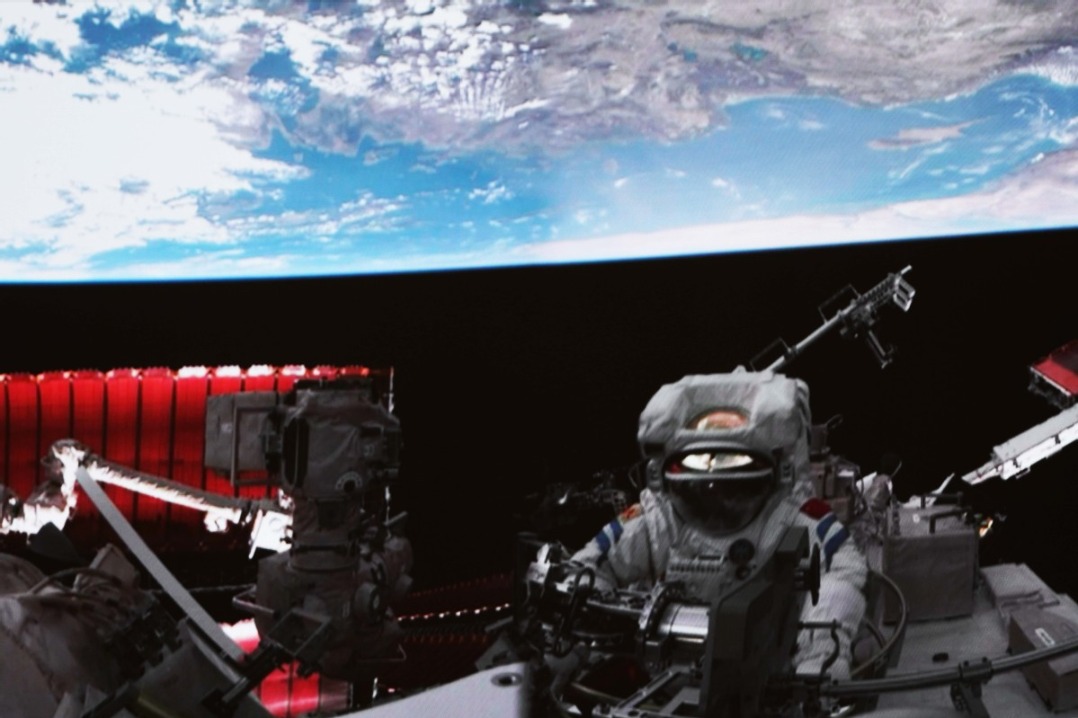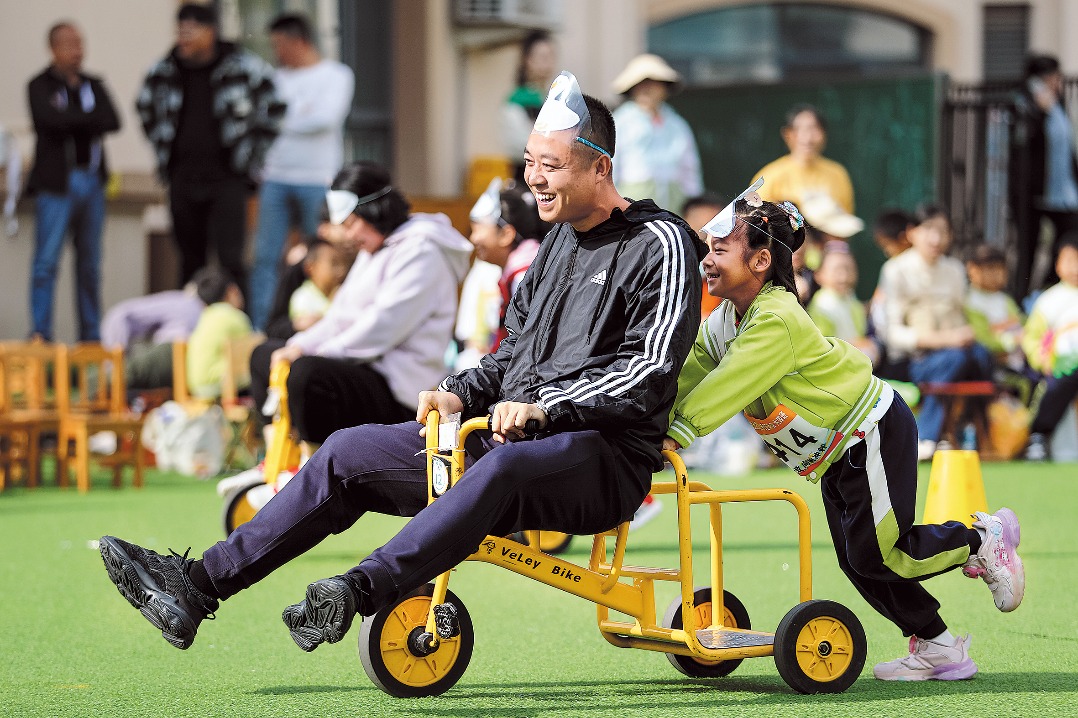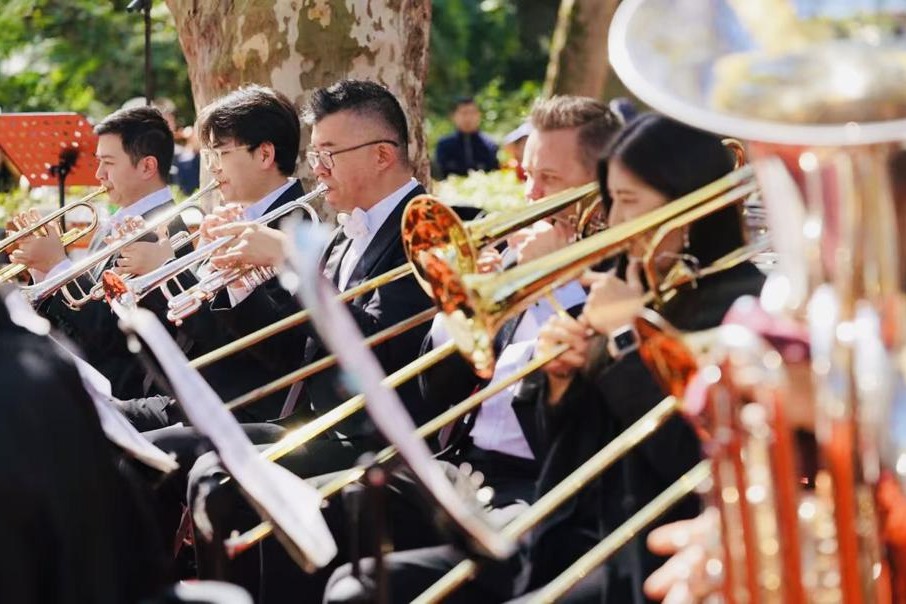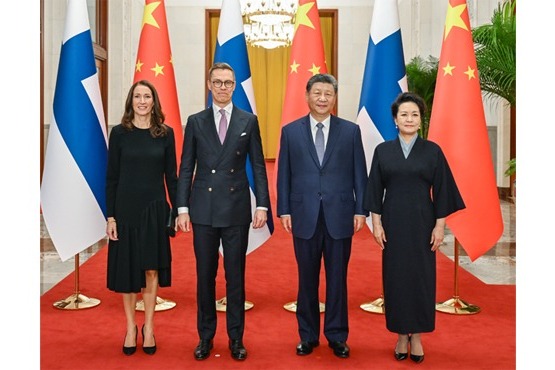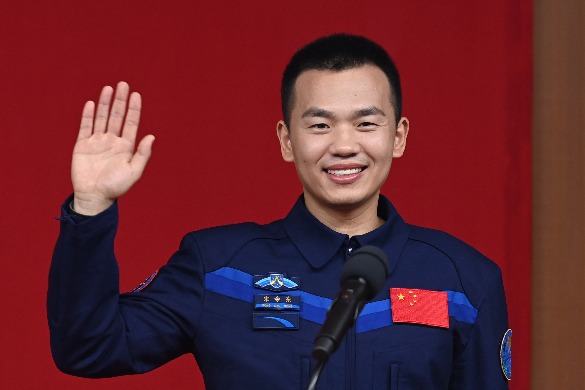AI program encourages diners to clear their plates

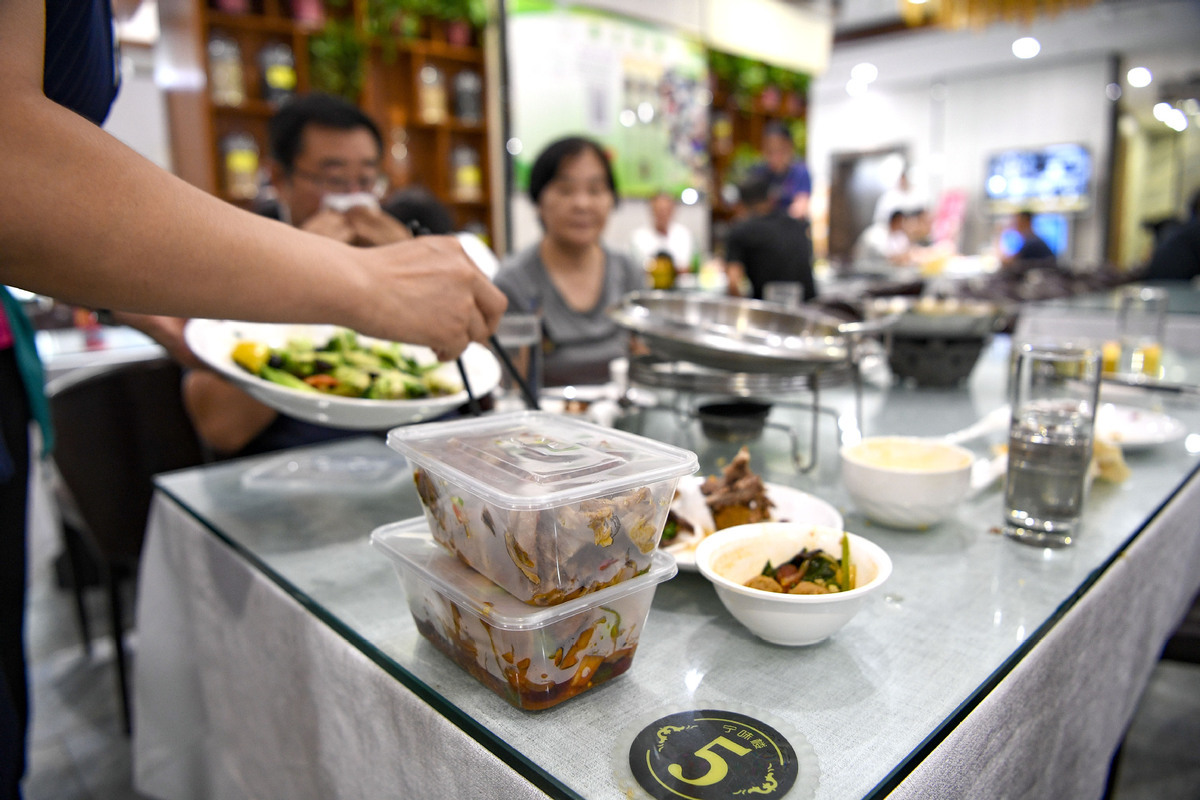
SHANGHAI-After finishing his dinner, Lin Xu opened a WeChat mini-program called "Clear Plate" on his phone and took a picture of the empty plates. He was then awarded 157 credit points after the image was uploaded and recognized by artificial intelligence.
"Users of the app can use their credit to buy gifts, such as books, cellphones and red wine, or to purchase charity meals donated to children in impoverished rural areas," Lin said.
The Shanghai citizen used the mini-program several times to record himself "clearing the plate. "He also joined a group of like-minded people who did the same amid the country's campaign to fight food waste.
A nationwide "Clear Your Plate "campaign is gaining steam online. Media outlets, government agencies, social organizations and internet influencers have joined the online relay of messages against food waste.
Efforts to stop food waste and promote thrift are also being made by catering firms and restaurants that have been urged to create an environment in which consumers are reminded to not waste food. They are also encouraged to offer different portion sizes so that customers can have more choices.
The "Clear Plate" mini-program has become popular among young Chinese and currently has nearly 1 million users. Similar campaigns like an "empty plate challenge "are also found in many Chinese universities.
"Technological innovation is a good way to reduce food waste," said Liu Jichen, founder of the startup that developed the app.
The idea popped up at a dinner in 2017, when Liu found that a restaurant would give diners who polished off their food a card and offer small gifts after a certain number of cards had been collected.
"Everyone who values food could enjoy a sense of gain at a lower cost," Liu said, noting that such an idea could be realized online.
He formed a team to work on the project.
Yet it was quite a challenge for the AI system to identify whether the uploaded photos showed empty plates.
To make the AI system smarter, Liu and his team, assisted by more than 1,000 others, spent half a year collecting over 100,000 samples in canteens and restaurants across the country and used the data to train a neural network.
Dozens of enterprises, institutions and restaurants have contacted the startup to cooperate on the project.
Through the digitalized, visualized mini-program, people can clearly see the good results of saving food, which will effectively reduce waste, he noted.
"We hope our efforts can start a new trend among the younger generation, encouraging them to carry out the virtue of cherishing food and developing the habit of thrift," Liu said.
Xinhua
- Hong Kong sees 40 pct rise in visitor arrivals in first nine months
- Greater Bay Area cultural heritage forum explores new paradigm of interconnection
- Campaign targets online fraud via platforms, apps
- Beijing to host first World Conference of Classics
- Doctor jailed for 17 years over bribery, unnecessary operations
- No shortage of long johns makers in this village


















